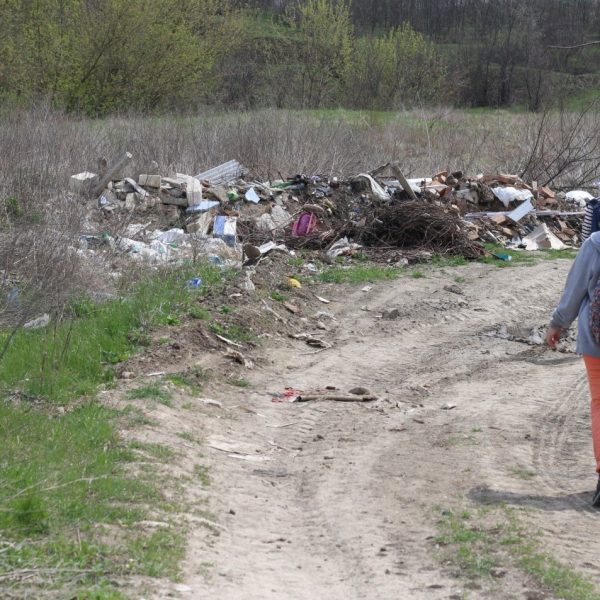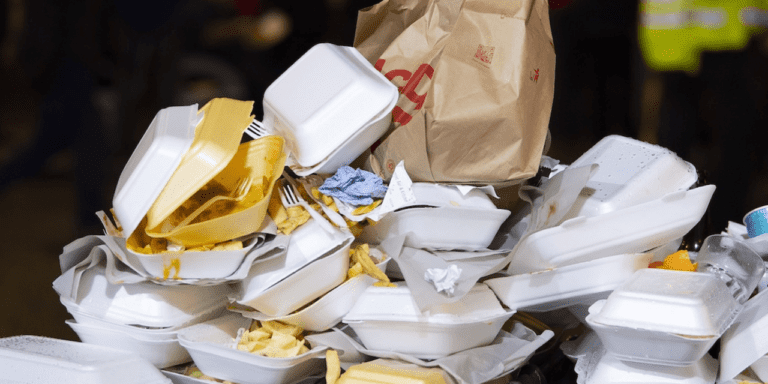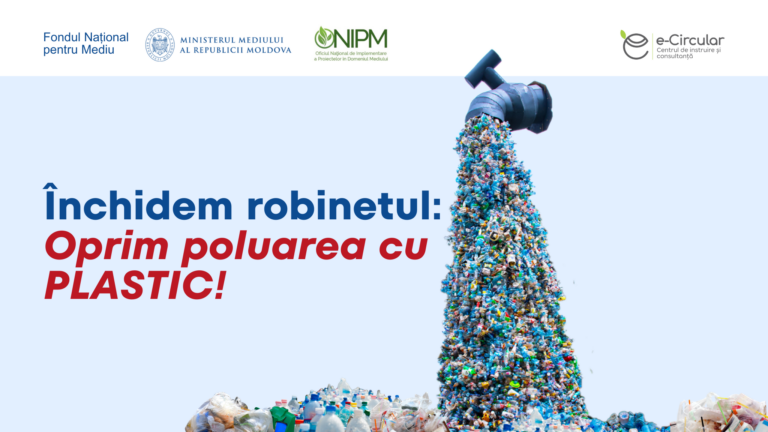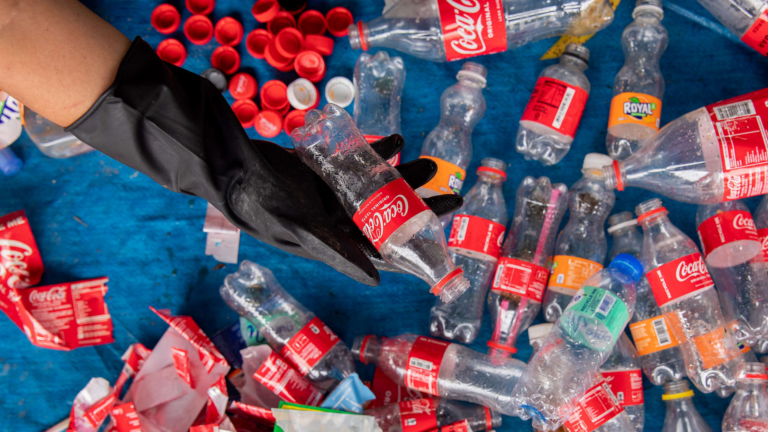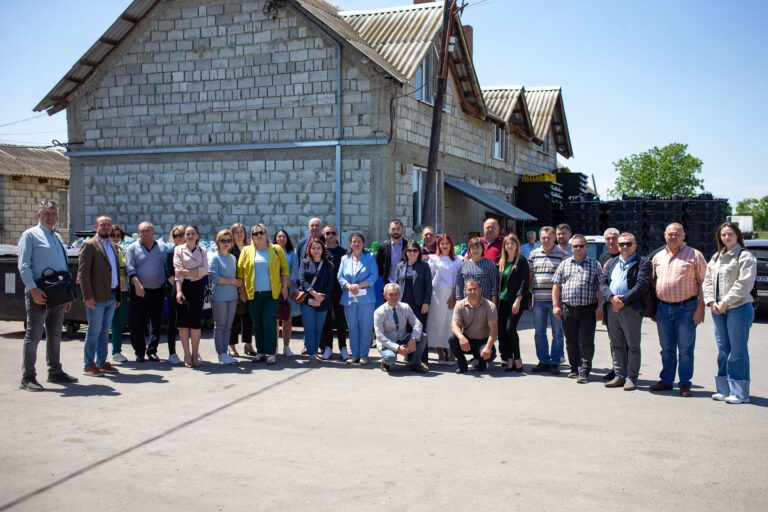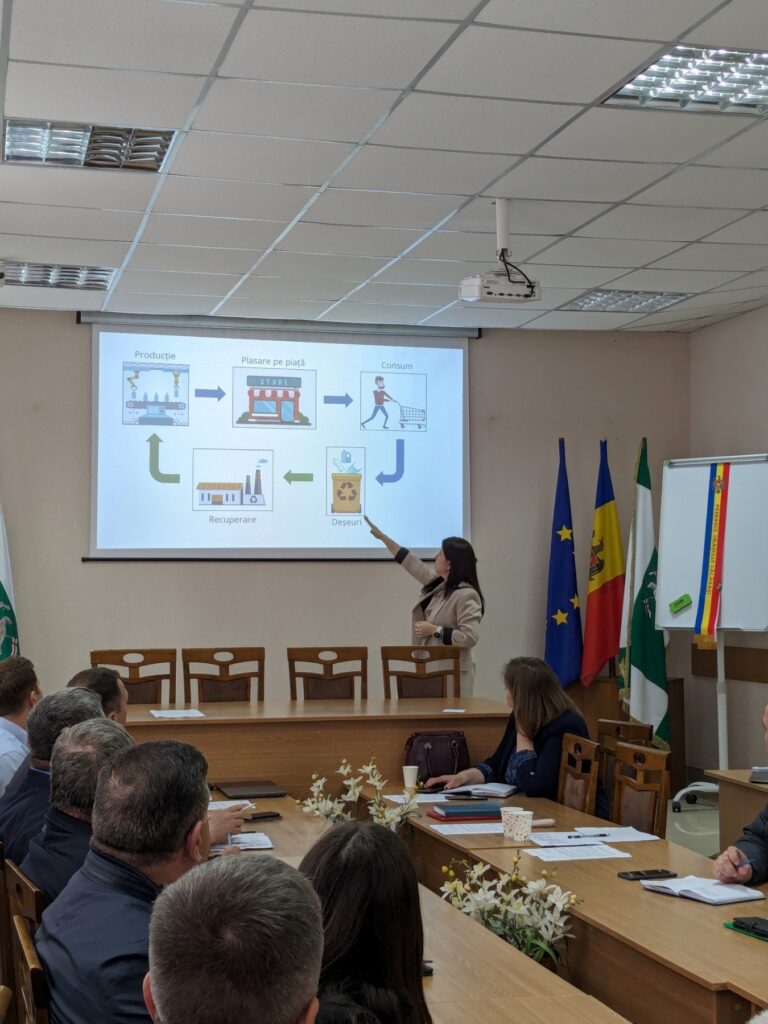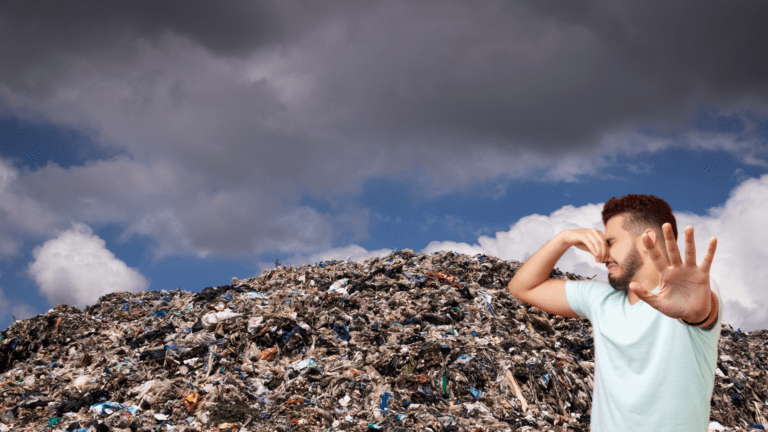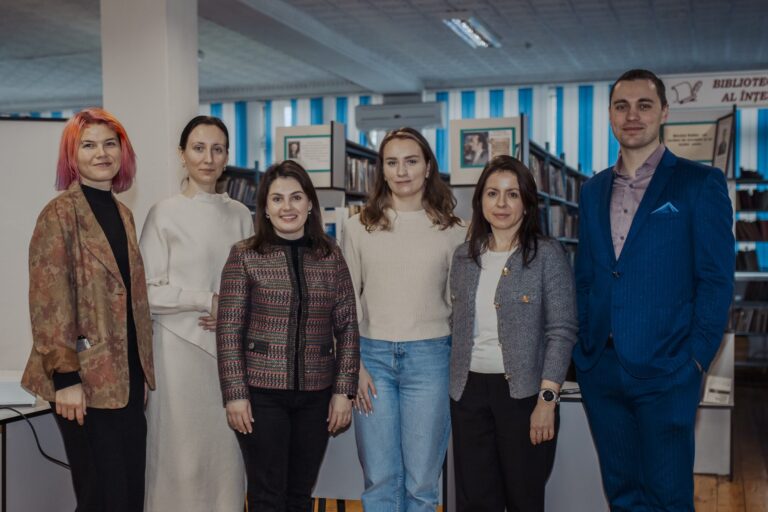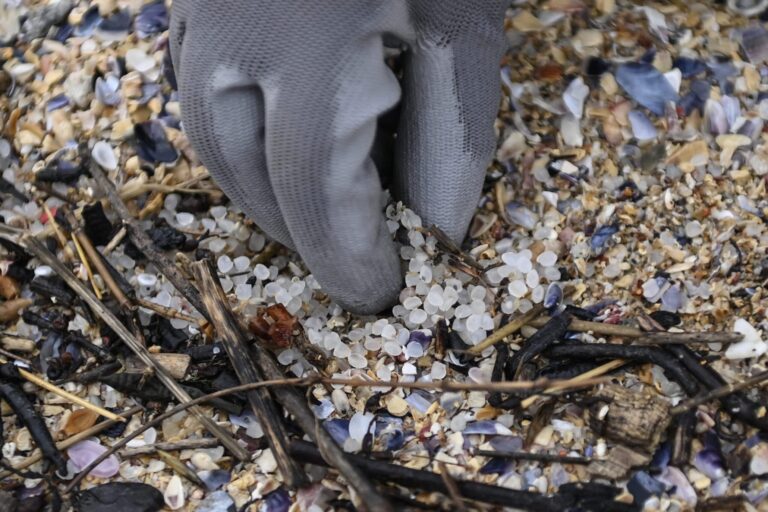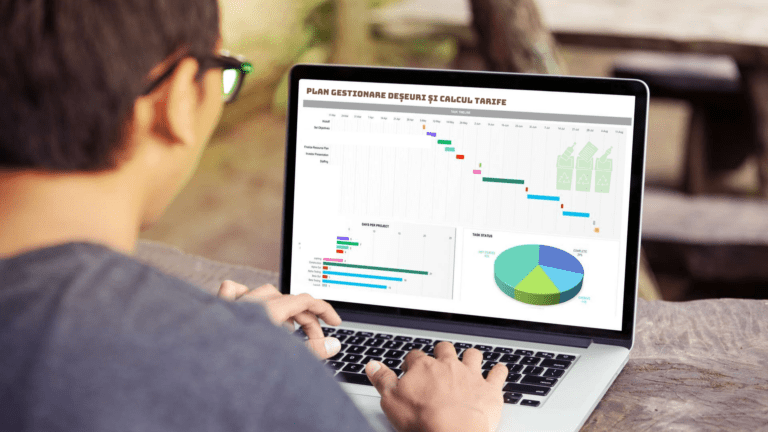The waste problem remains unsolved
Details
The last time the topic of waste incineration was discussed in Parliament was in July 2016. Then the Waste Law was adopted, but the provisions, which would allow incineration, were not included. In addition, art. 17 of the law, prohibits the incineration and co-incineration of waste of any type, except for medical ones.
The definition says that incineration is a method of eliminating waste by burning it, the products obtained being heat, gases, steam and ash. Both solid and liquid or gaseous waste can be incinerated. The method is preferred for the disposal of certain hazardous waste, such as biological waste from medical activities. At the industrial level, the incineration of hazardous and non-hazardous waste is controversial, because it can produce emissions of substances that pollute the air, water and soil and have negative effects on human health. That is why operating conditions and strict technical requirements, complex filters and continuous measurement of air and water emissions are imposed.

Picture: Unauthorized garbage smoking, Onișcani commune, 05/07/2019
Ex-deputy Violeta Ivanov, who was also at the helm of the Ministry of the Environment, campaigned for the fact that the changes regarding the waste incineration permit should not be adopted. In an interview given to Radio Free Europe, Violeta Ivanov stated that "The best solution for the Republic of Moldova is the separate collection of waste, recycling and the remaining fraction must be composted, subjected to fermentation, so we will obtain biogas". She claimed that practically all waste can be recycled in the Republic of Moldova.
Currently, in the Republic of Moldova, waste is sorted and recycled only in the capital. However, more than half of all waste volume in Chisinau ends up in landfills and is buried. During this process, sanitary standards are not respected and all the waste ends up polluting both the soil and the groundwater.

Picture: Smoking garbage, near the city of Chisinau, 28.04.2019
Irina Balica, the manager of the sorting company ABS Recycling, says that currently waste is sorted into 12 categories, 7 of which are different types of plastic, followed by cardboard, glass and metal. A large amount of garbage represents the organic fraction that is generated in the kitchen. Part of the waste, however, can neither be sorted nor recycled - this is called RDF. "The organic fraction could be composted and would mean a very good fertilizer for the soil. And the RDF fraction, which constitutes 10-15% of the total waste sorted at the plant, should be incinerated, in order to generate electricity for the entire municipality of Chisinau", mentions Irina Balica.
At the Ministry of Agriculture, Regional Development and Environment, we learn that, for six years, from 2010 to 2016, legislative amendment proposals were submitted, including to allow the incineration of waste, but they were not approved in any legislature.
"During this time, in the Parliament, thanks to the Twinning project, managed by the European Parliament, a commission made up of local and European experts analyzed the law, assessed it as good and supplemented it with some small changes. Even so, after all the efforts made, the parliamentarians said that the law will not pass, because it has no support. Thus, even to this day we do not have provisions regarding the incineration of waste", mentions Ludmila Marduhaeva, chief consultant in the Policy Directorate for the management of waste and chemical substances within the Ministry of Agriculture, Regional Development and Environment.
If the incineration of medical waste is allowed, there should also be regulation of this process - rules should be established regarding the emissions of substances that come from burning, requirements for the control of emissions, ecological rules, but what is missing, the specialist mentions.
Ludmila Marduhaeva says that currently the waste from medical institutions is burned, even by the institutions, on their territory, without respecting the environmental protection rules. At best, the waste is burned in stoves, and others burn it directly on the ground. Such methods of burning are inadmissible, because they generate risks for air, water, soil, fauna and flora.
Also, medical waste is discharged to landfills, which is very harmful for the environment, because they are very toxic. At some landfills, waste is burned or self-ignites, entering into chemical reactions with other waste, releasing harmful smoke, emitting toxins dangerous to health and the environment.
The practice of the European Union puts at the head of the table the return of waste to industrial use by recycling it and only a small part is burned. There is a lot of emphasis on recycling. The need to reduce landfills is also promoted. It is believed that the landfills get rid of our garbage, but, de facto, they are a focus of infection on very large surfaces. These landfills must not be cultivated when they are still able to receive waste. That is why, in the EU, a mixed solution was reached: landfill, composting, recycling, reuse, incineration. And this contributes to economic development.
"In the international agreements to which Moldova is also a party, the list of waste that is accepted for incineration in the stoves of the rubber plants is stipulated. I had a similar experience at the "Lafarge" factory in Rezina. There the burning was allowed in the testing stage. But the law was not amended and the authorization of the economic agent was not extended. They intended to continue burning used tires and also household waste. But I can't because of the law," added Ludmila Marduhaeva.
"Waste should be burned under certain conditions. Not as it happens now: people set fire where they want, even if it's forbidden. Burning is not allowed on the ground, it greatly damages the soil's fertility. Burning and incineration must take place under special conditions. In a specially designed factory", remarks Elena Mărgineanu, project coordinator, National Environmental Centre.
Each country has its own waste management. In some cities waste is sorted when it arrives at the recycling plant. In Sweden, for example, everyone sorts waste separately. Paper and cardboard are reused, construction materials - likewise, metal is processed. If you mix them all and burn them, an extraordinarily toxic smoke is emitted, says Elena Mărgineanu.
Divided opinions, poor waste management. It is difficult for our authorities to make a correct decision. The necessary investments are too high, the population does not get involved in the waste sorting process.
While the dignitaries can't come up with a proper solution to solving the waste problem, people are solving it the way they know best - spreading garbage wherever they can.
Author: Maria TANASEV, School of Advanced Studies in Journalism
